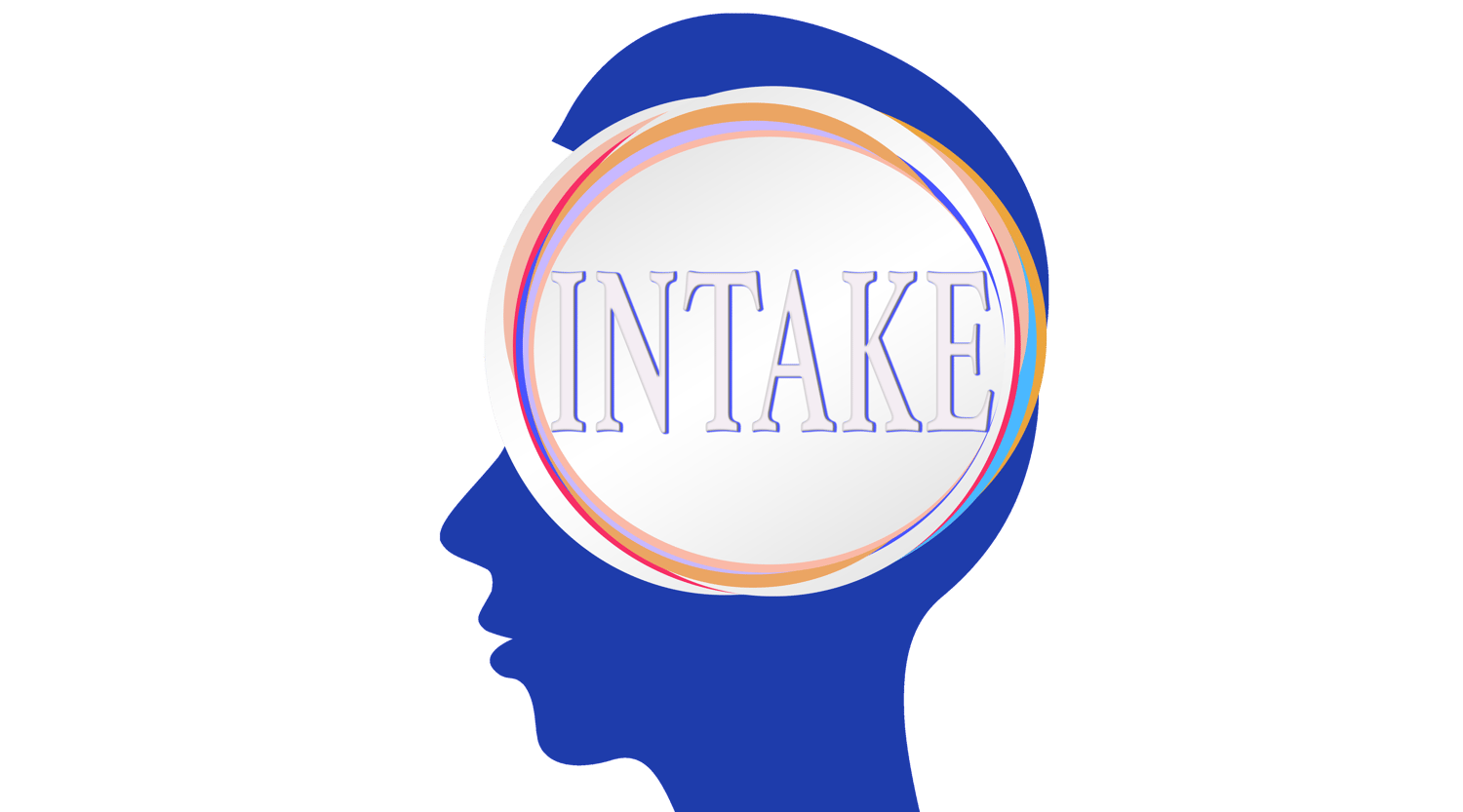Anxiety is one of the most prevalent mental health challenges in the United States, affecting millions of youth and adults alike. While feeling anxious is a normal response to stress, anxiety disorders are different—they often involve persistent, overwhelming worry that can interfere with daily life.
Do you find yourself struggling to calm your nerves in stressful situations? Do worries about one thing snowball into fears about everything else? If so, you’re not alone, and the good news is that anxiety doesn’t have to control your life. With the right tools, you can learn to manage it and thrive, even when challenges arise.
Effectively managing anxiety is a life-changing skill. It can improve your relationships, help you pursue your dreams, and boost your self-confidence. You don’t have to feel stuck or overwhelmed anymore—start taking control today with these five simple yet impactful strategies.
1. Practice Deep Breathing
When anxiety hits, one of the most effective tools you have is your breath. Deep breathing helps relax your muscles, lower your heart rate, and deliver oxygen to your brain—all of which help calm your mind and body.
How to Get Started:
- Sit or lie down in a comfortable position.
- Place a hand on your stomach and take a slow, deep breath through your nose, allowing your stomach to rise as you fill your lungs.
- Exhale slowly through your mouth.
- Repeat this process for several minutes.
By practicing deep breathing regularly, you’ll be better prepared to use it when stressful situations arise. When you feel your heart racing or your palms sweating, focus on your breath and trust the process—it really works.

2. Face Your Fears Gradually
Avoiding the things that make you anxious can create a cycle where your fears grow stronger over time. Instead, try stepping outside your comfort zone in small, manageable ways. Gradual exposure to your fears can build your resilience and confidence.
How to Start:
- Identify a fear that’s holding you back, such as public speaking or meeting new people.
- Break it down into smaller, less intimidating steps. For example, start by speaking in front of a friend or a small group before tackling larger audiences.
- Celebrate your progress as you take on greater challenges.
Facing your fears can feel uncomfortable at first, but with practice, you’ll build the mental strength to tackle even bigger obstacles with less anxiety.
3. Prioritize Nutrition
Your diet plays a significant role in how you feel physically and mentally. A well-nourished body is better equipped to handle stress and anxiety. On the flip side, poor nutrition—such as skipping meals or consuming too much caffeine or sugar—can amplify feelings of unease.
Tips for Eating to Ease Anxiety:
- Start your day with a balanced breakfast that includes protein, whole grains, and healthy fats.
- Stay hydrated—drink plenty of water throughout the day.
- Avoid excessive caffeine, which can mimic the symptoms of anxiety.
- Keep healthy snacks like nuts, fruits, or yogurt on hand to avoid blood sugar dips.
Tracking your diet can also help you identify patterns and make adjustments to support your overall well-being.
4. Incorporate Exercise Into Your Routine
Exercise isn’t just good for your body—it’s a natural stress-reliever and mood booster. Physical activity releases endorphins, reduces stress hormones, and provides a sense of accomplishment that can help combat feelings of anxiety.
Simple Ways to Get Moving:
- Take a daily walk or jog, especially in nature if possible.
- Try activities you enjoy, such as dancing, swimming, or yoga.
- Incorporate small movements into your day, like stretching during work breaks.
Even just 20–30 minutes of physical activity a few times a week can make a significant difference in your mental health.

5. Seek Professional Support
Sometimes, managing anxiety requires guidance from a trained professional. If your anxiety feels unmanageable despite trying self-help strategies, don’t hesitate to reach out for help. Therapists and counselors specialize in helping people overcome anxiety through techniques like cognitive-behavioral therapy (CBT), mindfulness, and more.
When to Seek Help:
- If your anxiety is interfering with your daily life, relationships, or ability to work.
- If you feel stuck, even after trying self-help methods.
- If you experience physical symptoms like chest pain, chronic fatigue, or insomnia related to anxiety.
Seeking professional help isn’t a sign of weakness—it’s a powerful step toward regaining control of your life.
Conclusion: Take Charge of Your Anxiety
Feeling anxious in stressful situations is natural, but when anxiety starts to take over, it’s time to take action. By practicing deep breathing, facing your fears, eating well, exercising, and seeking help when needed, you can develop the tools to manage anxiety and live a more fulfilling life.
Don’t let anxiety hold you back from reaching your full potential. Start small, stay consistent, and celebrate every victory along the way—you’ve got this.

